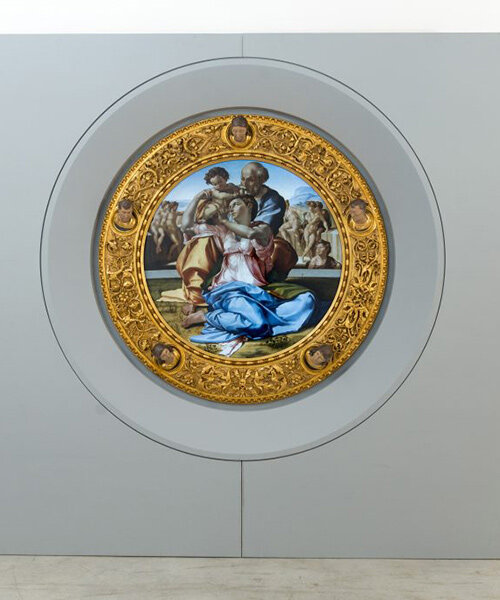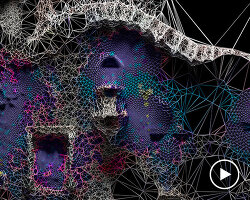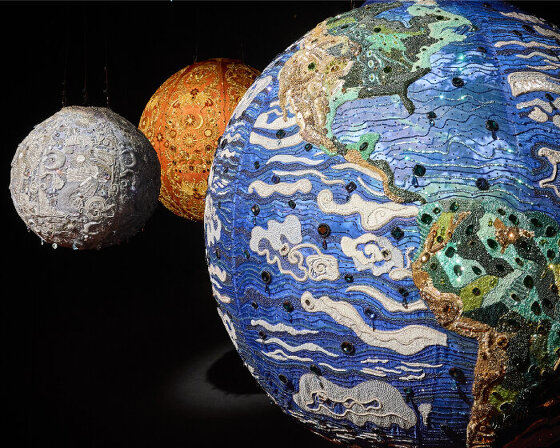Italy protects Its Museums’ CULTURAL HERITAGE
The Italian government aims to stop digital art sales by museums to protect the country’s cultural heritage. This decree is a reaction to the recent 240,000€ sale of Michelangelo’s Doni Tondo digital reiteration from which Florence-based art gallery Uffizi received only 70,000€. The country’s ministry responsible for regulating the Italian museums has requested institutions to halt agreements with digital art providers.
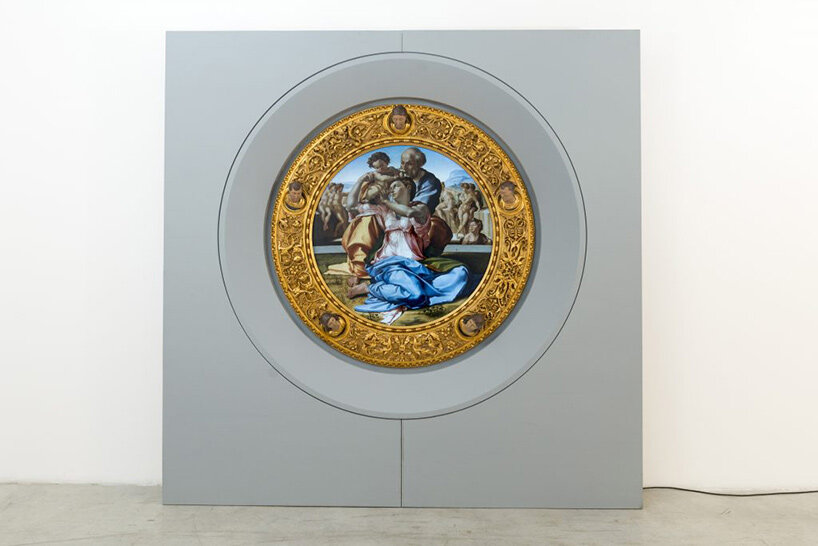
Michelangelo’s Doni Tondo (1505-06) | courtesy of the Uffizi Gallery
Who owns Michelangelo’s Doni Tondo?
As reported by Artnet, the digital artwork was originally conceived as a combination of a virtual and physical piece. A screen displays the replica of the work within a wooden copy of the original frame. After the sale, the Italian newspaper La Repubblica posed a series of questions creating a public debate on the ownership of the digital rights to Michelangelo’s Doni Tondo. The Uffizi’s director, Eike Schmidt, has revealed that the museum had not done adequate due diligence when it came to structuring the deal around the work.
‘It’s fundamental to inform yourself not only from a technical point of view but also from a legal point of view,’ he noted. ‘Certain platforms where you register ownership may not give sufficient guarantees, and you risk losing everything,’ he continued. That said, buyers of digital copies of iconic masterpieces from Uffizi’s collection can theoretically exhibit and control the artworks in augmented and virtual realities. Undoubtedly, this could harm institutions by losing control over the works they sell from their own collection.
On the contrary, Cinello states that all rights to the work stay with the museum. According to the company, the goal is not to scatter Italian heritage around the world but to support the museum and obtain income to raise ‘the needed funds to protect, conserve, and maintain the originals in its collection.’
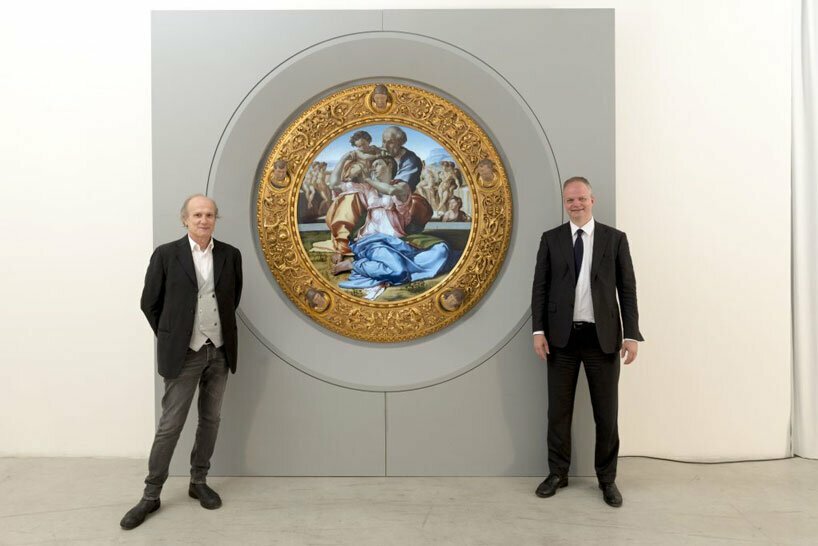
Cinello founder and CEO Franco Losi (left) and Uffizi director Eike Schmidt (right)
The Italian company Cinello would like to clarify and confirm that NO NFT was created in relation to the digitization of Michelangelo’s Tondo Doni owned by the Uffizi Galleries. Cinello exclusively sold a DAW® (Digital Artwork) edition of the artwork to a private collector, of which 50% of the net proceeds were sent to the Uffizi Gallery as part of their agreement, where the original work is housed.
A DAW® (Digital Artwork) is a worldwide patented technology that guarantees the uniqueness of the file. This technology does not involve the use of any Blockchain or other Web 3 applications. The digital editions produced by Cinello have also been mentioned as a virtuous example in the recent Ministerial circular about the digitization of Museum’s art collections and the creation of digital editions of an artwork.
